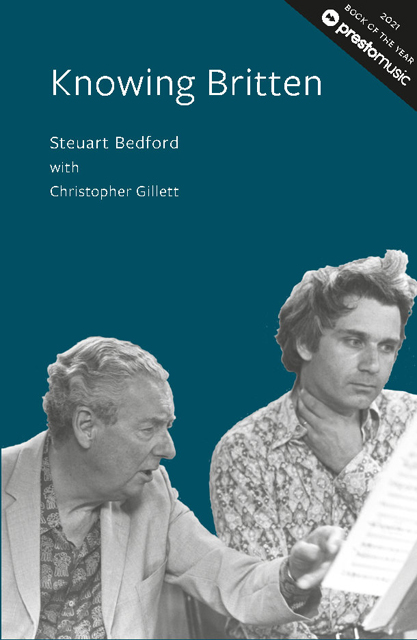Book contents
- Frontmatter
- Dedication
- Contents
- Miscellaneous Frontmatter
- List of Illustrations
- 1 My mind beats on
- 2 A thirst, a leaping, wild unrest, a deep desire
- 3 Should I give up the fruitless struggle with the word?
- 4 So be it
- 5 What lies in wait for me here?
- 6 My head is heavy, my eyelids ache
- 7 I must go elsewhere, I must find a clearer sky, a fresher air
- 8 How much better to live, not words but beauty, to exist in it, and of it
- 9 The power of beauty sets me free
- 10 Yet I am driven on
- 11 O voluptuous days, O the joy I suffer
- 12 So the moments pass
- 13 And now, Phaedrus, I will go
- No epilogue, I pray you, for your play needs no excuse
- Acknowledgements
- Index
- Miscellaneous Endmatter
2 - A thirst, a leaping, wild unrest, a deep desire
Published online by Cambridge University Press: 14 June 2023
- Frontmatter
- Dedication
- Contents
- Miscellaneous Frontmatter
- List of Illustrations
- 1 My mind beats on
- 2 A thirst, a leaping, wild unrest, a deep desire
- 3 Should I give up the fruitless struggle with the word?
- 4 So be it
- 5 What lies in wait for me here?
- 6 My head is heavy, my eyelids ache
- 7 I must go elsewhere, I must find a clearer sky, a fresher air
- 8 How much better to live, not words but beauty, to exist in it, and of it
- 9 The power of beauty sets me free
- 10 Yet I am driven on
- 11 O voluptuous days, O the joy I suffer
- 12 So the moments pass
- 13 And now, Phaedrus, I will go
- No epilogue, I pray you, for your play needs no excuse
- Acknowledgements
- Index
- Miscellaneous Endmatter
Summary
In the spring of 1947, Lesley Duff was cast in Britten's next opera, Albert Herring, as the adolescent schoolgirl Emmie. It isn't a demanding singing role, so for Duff's self-confidence it didn't present the same problems as Lucretia. The cast met for the first playthrough at Pears's flat in Oxford Square:
Ben was again excited and tense but there was a degree of lightheartedness and ease that had not been there on the previous ‘preview’ of Lucretia. He was among trusted friends and, more important still, he was away from the atmosphere of self-opinionated intolerance, of wealth and the sort of power that wealth gives, that was Glyndebourne. That atmosphere was sheer poison to Ben.
John Christie, Glyndebourne's owner, had underwritten the previous year's tour of Lucretia and lost a lot of money, which had soured forever an already difficult relationship with Britten. Christie's appetite was for Mozart and Strauss. He would say of Herring to an audience member, ‘This isn't our kind of thing, you know.’ No longer under the aegis of the Glyndebourne Opera Company, Britten had his own English Opera Group. They would still perform one short season at Glyndebourne, giving both Lucretia and Herring, but as an independent company.
Britten's playthroughs were an experience shared by Duff and, later, by Steuart. The Herring playthrough was one of the few experiences of her working life she related to her son, giving him a rare anecdote from 1947:
On some occasions, when he felt pressured by the number of people present, the fast tempos could be somewhat faster than really intended. This happened once in the early days of Albert Herring, when Ben was so keyed up that the velocity became almost preposterous. Fortunately, Margaret Ritchie was on hand to defuse the situation. ‘Ben, my dear, can't we have it a bit faster?’
Duff was becoming closer to Britten's inner circle. Britten and Pears were the frequent recipients of acrimonious letters from people who disapproved of their lifestyle as much as they hated Britten's music, and Duff was at Oxford Square one day when a letter arrived.
Ben came into the room holding it as if he had a poisonous snake by the tail, with a face like a sheet.
- Type
- Chapter
- Information
- Knowing Britten , pp. 17 - 30Publisher: Boydell & BrewerPrint publication year: 2021



